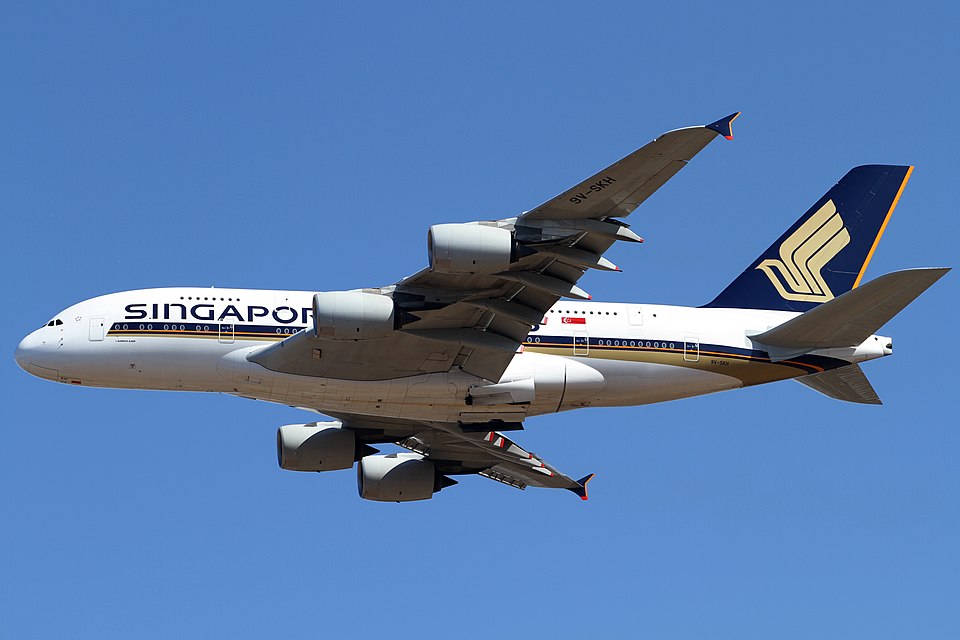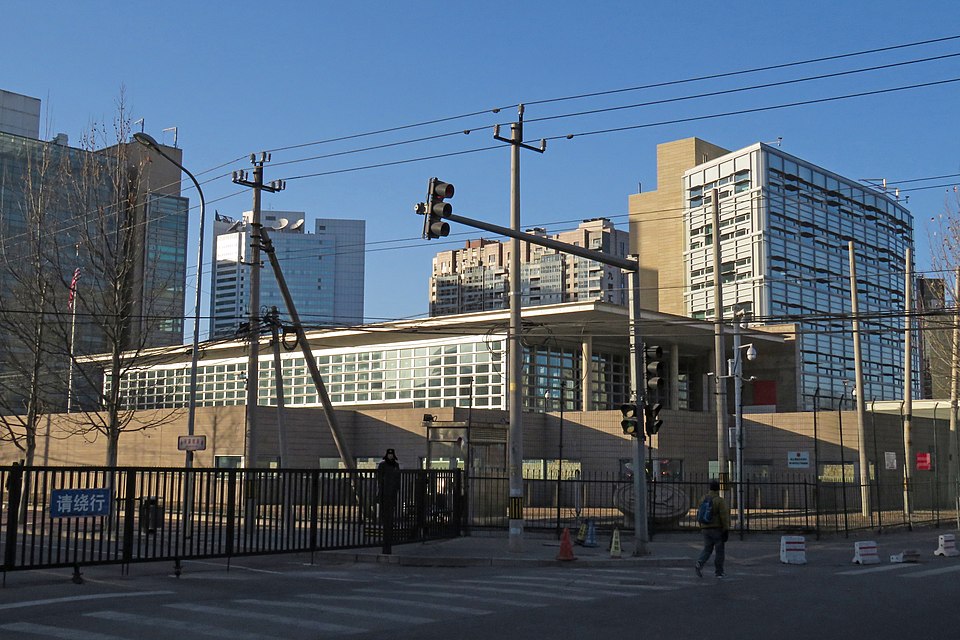
On May 17, the Ministry of Education (MOE) held a press conference on the newly revised version of the Regulations on the Implementation of the Non-state Education Promotion Law.
Attendees to the event included Liu Changya, Director of the MOE’s Department for Development Planning, Wang Daquan, Deputy Director of the MOE’s Department of Policies and Regulations, Ren Minhui, Deputy Director of Shanghai Municipal Commission of Education, and Liu Lin, President of China Association for Non-Government Education. Chen Xing, Director of the MOE General Office Press Division, served as moderator at the conference.
According to Liu Changya, China has put great emphasis on private education since the 18th CPC National Congress in 2012 and the sector has undergone a rapid expansion. In 2020, there were 186,700 non-state schools and 55.6445 million students, accounting for more than 1/3 of China’s schools at all levels and nearly 1/5 of China’s total number of students, respectively.
Liu stressed that apart from growing remarkably in number and size, China’s private education sector also extended to a much wider spectrum, ranging from preschool education to tertiary education, from degree programs to non-degree programs, and from general education to vocational education.
Since China was now on a path toward high quality education, the goals and missions of private schools had to be re-calibrated. To this end, the previous regulations on private education were modified, supplemented and refined in a systematic manner. For example, the latest version of Regulations added a new chapter entitled “Teachers and Students”, which focuses on assuring adequate faculty salaries, further supporting equal rights for faculty and students from non-state schools, and regulating faculty development.
Liu Changya stressed that the implementation of the Regulations would help to better protect the lawful interest of all the actors involved in the sector, including students, teachers and operators. Ren Minhui added that Shanghai would adopt a wide-ranging set of policies to promote non-for-profit private education, including setting up an earmarked fund for private education improvement, launching a program to build teacher capacity in privately-run HEIs, implementing a scheme to develop excellent teaching teams in privately-run primary and secondary schools, continuing to enforce annuity plans and raising faculty salaries.
According to Liu Lin, the revised Regulations had been widely accepted across the education sector. He said their implementation would help to curb disorderly competition, enhance oversight against unlawful operation in non-state schools, and avoid the sector become overly manipulated by capitalist objectives and overly commercialized.
Liu Changya also commented on unfair competition and disorder caused by private schools operated by prestigious state-run schools. He said Article Seven of the Regulations stipulated that state-run schools were now prohibited from using government funds to operate or participate in the operation of private schools. State-run schools were now also banned from deviating from their required state-regulated programs, or from generating profit through disguised means, such as charging management fees. Photo by Nick Challoner, Wikimedia commons.





















